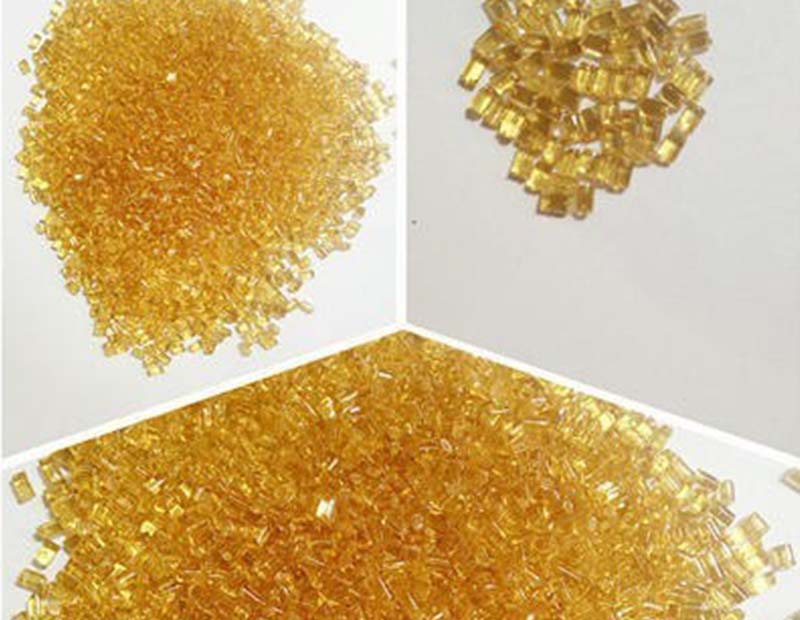PEI Material (Polyetherimide Material) is a high-performance engineering plastic known for its outstanding combination of mechanical strength, thermal stability, and excellent electrical insulation properties. As a PEI Thermoplastic, it delivers a unique balance of strength, chemical resistance, and dimensional stability, making it an ideal choice for demanding applications in aerospace, automotive, electronics, medical devices, and industrial equipment.
Whether you are looking for PEI Plastic, PEI Resin, or custom-engineered components, this material provides consistent and reliable performance across a wide range of operating conditions.

As a High Performance PEI Material, PEI offers superior physical and thermal properties:
| Property | Typical Value |
|---|---|
| Density | 1.27 g/cm³ |
| Tensile Strength | 90–120 MPa |
| Flexural Modulus | 2,400–2,800 MPa |
| Glass Transition Temp | 217°C |
| Heat Deflection Temp | 190–200°C at 1.8 MPa |
| Flammability | UL94 V-0 |
| Chemical Resistance | Excellent against oils, solvents, fuels, acids |
| Electrical Properties | High dielectric strength, low dielectric loss |
Heat Resistant PEI Plastic can withstand continuous use at 170°C (338°F) and short-term exposure up to 200°C (392°F), making it suitable for high-temperature environments such as engine components, electronics housings, and aerospace connectors.
High Temperature Resistance – High Temperature PEI Material retains its structural integrity even in extreme heat.
Superior Mechanical Strength – Excellent tensile strength and impact resistance make PEI Engineering Plastic ideal for load-bearing parts.
Chemical Resistance – PEI Resin is resistant to oils, fuels, and solvents, making it suitable for harsh industrial applications.
Outstanding Electrical Insulation – With excellent dielectric strength, PEI Thermoplastic is perfect for electrical connectors and insulating components.
Dimensional Stability – Maintains shape and precision under mechanical stress and elevated temperatures.
Biocompatibility – Certain grades are FDA-approved, allowing use in medical devices that require sterilization.
Aerospace Industry
Lightweight structural components, aircraft interior panels, overhead bins.
High-performance insulation parts and electrical connectors using Heat Resistant PEI Plastic.
Automotive Industry
Under-the-hood parts, fuel system components, electrical connectors.
PEI Plastic withstands heat and chemicals for reliable automotive performance.
Electronics and Electrical
PCBs, high-temperature connectors, switch housings, and insulating parts.
PEI Insulation Components provide superior dielectric properties.
Medical Devices
Surgical tools, sterilization trays, and diagnostic equipment.
PEI Engineering Plastic endures repeated autoclave cycles without deformation.
3D Printing and Prototyping
High-performance 3D printing filament for strong, heat-resistant prototypes.
Suitable for Custom PEI Parts Manufacturer projects requiring precision.
Food and Beverage Industry
Components in food processing equipment requiring chemical resistance and heat stability.
PEI can be processed in several ways to meet specific project needs:
Injection Molding – For precision PEI Plastic parts with complex geometries.
Extrusion – Produces PEI Plastic Sheet, rods, and films for industrial use.
Compression Molding – Ideal for thick, large-scale components.
CNC Machining – Custom PEI Rod and Tube Supplier solutions for highly detailed parts.
As a leading PEI Material Manufacturer and PEI Resin Supplier, we provide:
Consistent quality and full traceability
ISO-certified production facilities
Custom PEI Parts Manufacturer support for OEM and ODM projects
Fast delivery and global supply capabilities
Competitive pricing for PEI Plastic Sheet Manufacturer and PEI Rod and Tube Supplier services
Whether you need PEI Thermoplastic sheets, rods, tubes, or custom-machined components, we deliver high-quality solutions tailored to your engineering and manufacturing requirements.